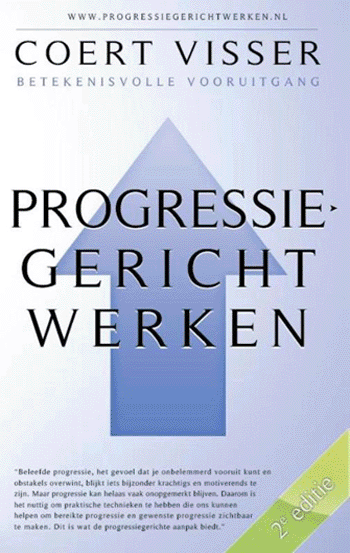Het winnen van een wedstrijd voorspelt oneerlijk gedrag

Oprah: “What was for you the flaw or flaws that made you willing to risk it all?”
Lance Armstrong: “I think this just ruthless desire to win. Win at all costs, truly.”
| Trainingen Progressiegericht Werken |
Competitiviteit en onethisch gedrag
Werk hoofdzakelijk zien als een competitie kan je plezier, je functioneren en je relaties onder druk zetten en kan onethisch gedrag opwekken. Nieuw onderzoek laat zien dat competitiviteit niet alleen ons gedrag beïnvloedt voorafgaand en tijdens de wedstrijd maar ook na afloop. Er blijkt uit dat wanneer winnaars het gevoel hebben dat ze beter hebben gepresteerd dan hun mededeelnemers ze geneigd zijn zich oneerlijker te gaan gedragen op basis van een gevoel dat ze het recht daartoe hebben. Meedoen aan de wedstrijd kan dus onethisch gedrag gedrag opwekken en het winnen van de wedstrijd kan dit versterken.
Winning a competition predicts dishonest behavior
Schurr & Ritov (2016)
Significance: Competition is prevalent. People often resort to unethical means to win (e.g., the recent Volkswagen scandal). Not surprisingly, competition is central to the study of economics, psychology, sociology, political science, and more. Although we know much about contestants’ behavior before and during competitions, we know little about contestants’ behavior after the competition has ended. Connecting postcompetition behaviors with preceding competition experience, we find that after a competition is over winners behave more dishonestly than losers in an unrelated subsequent task. Furthermore, the subsequent unethical behavior effect seems to depend on winning, rather than on mere success. Providing insight into the issue is important in gaining understanding of how unethical behavior may cascade from exposure to competitive settings.
Abstract: Winning a competition engenders subsequent unrelated unethical behavior. Five studies reveal that after a competition has taken place winners behave more dishonestly than competition losers. Studies 1 and 2 demonstrate that winning a competition increases the likelihood of winners to steal money from their counterparts in a subsequent unrelated task. Studies 3a and 3b demonstrate that the effect holds only when winning means performing better than others (i.e., determined in reference to others) but not when success is determined by chance or in reference to a personal goal. Finally, study 4 demonstrates that a possible mechanism underlying the effect is an enhanced sense of entitlement among competition winners.


De situatie rond Joe Biden lijkt te passen bij enkele ideeën uit dit artikel. Het laat zien hoe macht iemands…